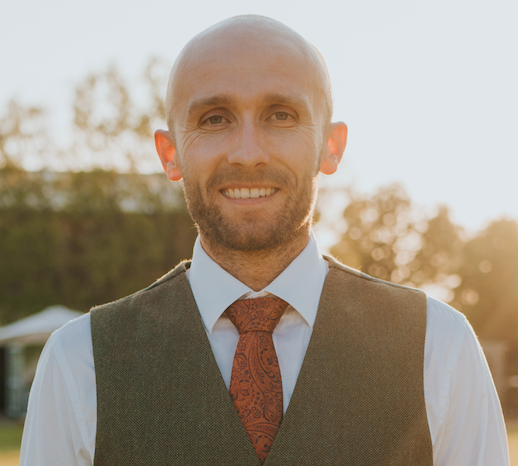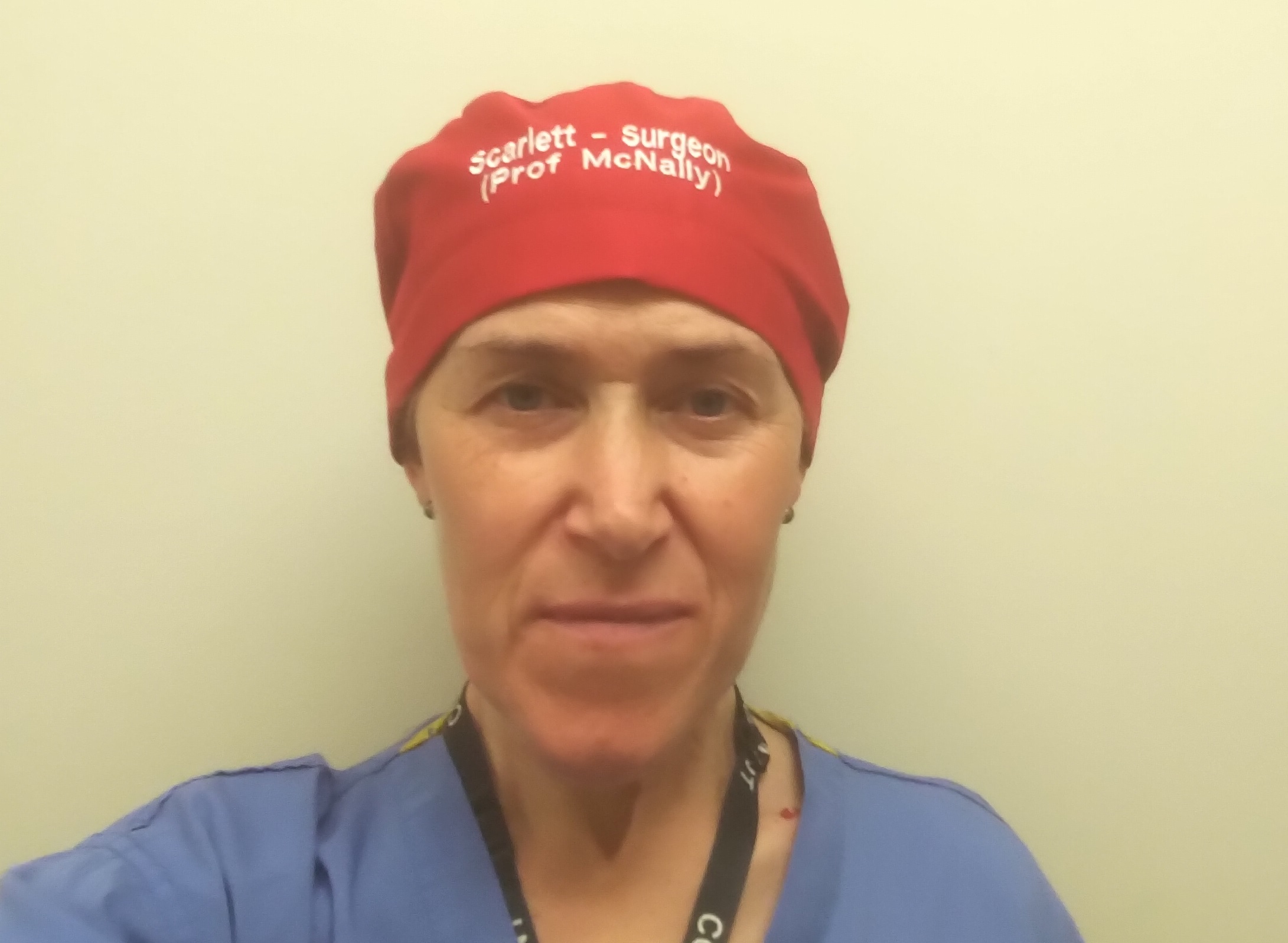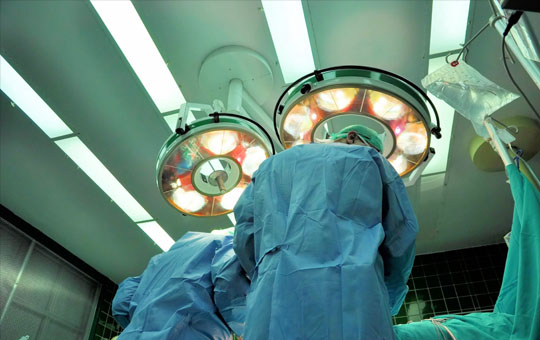Reducing variation in urology day case rates. GIRFT update
-
GIRFT report
-
GIRFT academy guides
-
National progress in day-case endourology
-
Enhancing understanding with research
-
Environmental impact of healthcare – GIRFT pilot work
Joe John
National Fellow for GIRFT Urology
Joe is a urology registrar in the Southwest England deanery, currently undertaking a PhD and three-year fellowship with the Getting It Right First Time (GIRFT) Programme for urology. His research interests are in clinical implementation and environmental sustainability. Joe has undertaken work evaluating the adoption of GIRFT urology recommendations. His doctoral research focusses on measuring and reducing the environmental impact of healthcare.
Joe highlighted that one of the Urology GIRFT Programme National Specialty Report include the below in their list of recommendations
“8. Reduce average length of stay across the specialty through enhanced recovery and increased use of day case pathways, while monitoring causes and rates of emergency readmissions”
Joe also highlighted the environmental impact of healthcare, it is 5% of the global greenhouse gas emissions. Joe showed figures which shows how day case surgery is a key way of reducing these. He also highlighted that the necessary ingredients for driving clinical pathway sustainability includes clinical expertise, environmental expertise and the reach.
The importance of Pre-operative optimisation of patients to facilitate successful Day Surgery in urology
Ms Scarlett McNally
Consultant Orthopaedic Surgeon, East Sussex Healthcare NHS Trust Deputy Director, Centre for Perioperative Care, Honorary Clinical Professor, Brighton and Sussex Medical School President, Med
Professor Scarlett McNally is a Consultant Orthopaedic Surgeon in Eastbourne, UK (since 2002) and Deputy Director of the Centre for Perioperative Care with resources at CPOC website below. Honorary Clinical Professor at Brighton and Sussex Medical School. She has an MA in Clinical Education and an MBA. She was an elected Council member of the Royal College of Surgeons (2011-2021). She has published on careers, diversity, bullying, sustainability, exercise ‘the miracle cure’ and perioperative care. See www.rcesng.ac.uk/study. She is a regular columnist in the BMJ. Her publications are at www.scarlettmcnally.co.uk and on Twitter @scarlettmcnally. www.cpoc.org.uk
Prof McNally advised that around 10-15% operations have complications. She shared some key figures around reducing complications including, stopping smoking helps decreasing complications by 50%. One key message was “tell your patients to go for a walk everyday”
Prof McNally discussed nutrition, highlighting fruit, vegetables and protein as these help with wound healing.




